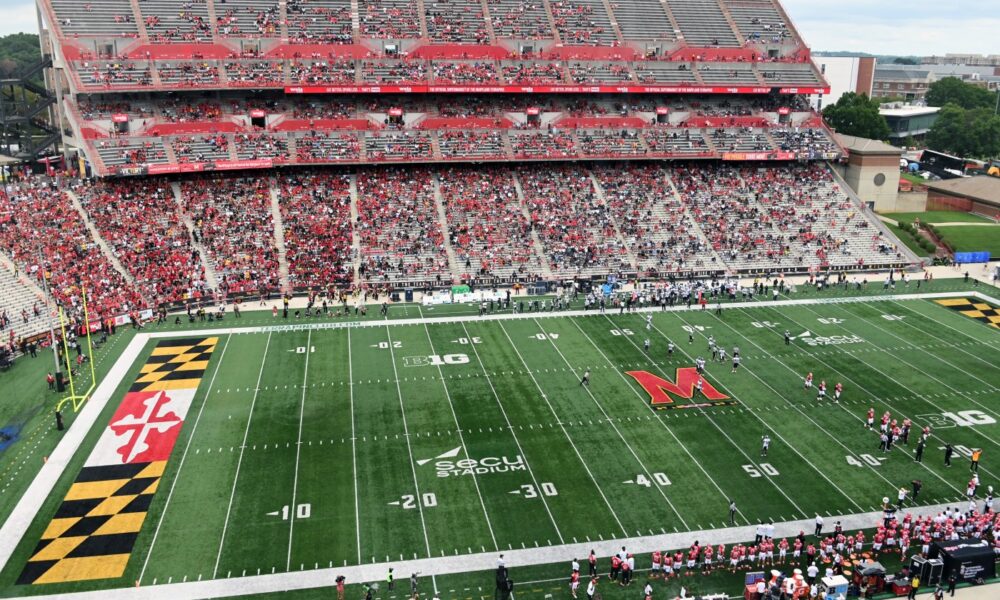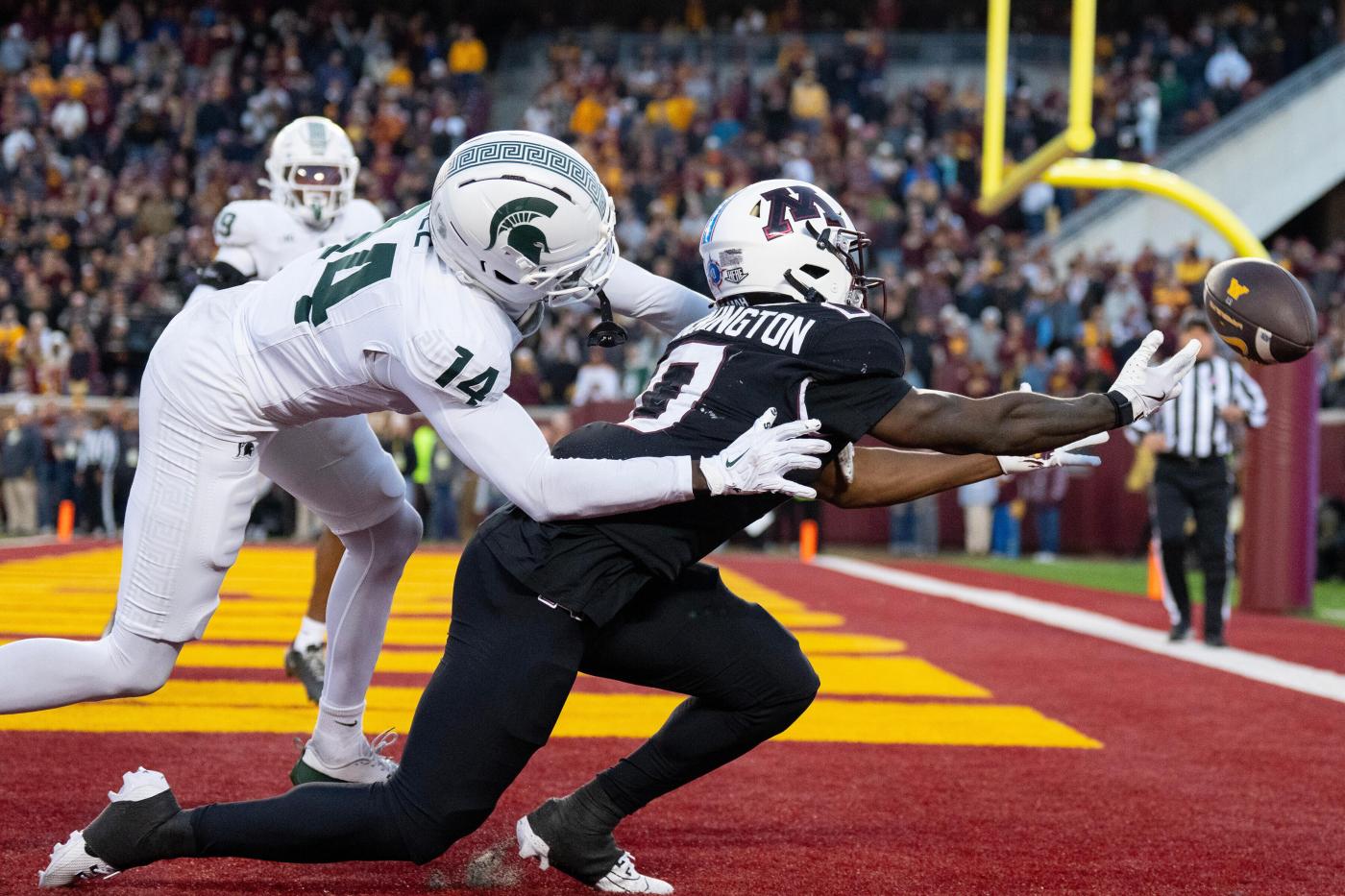The University System of Maryland Board of Regents convened a special meeting on October 10, 2023, to discuss a significant athletics-related contract, reportedly a proposal involving a $2 billion investment in the Big Ten Conference. The meeting, held behind closed doors, lasted approximately one hour and focused on “confidential commercial and financial information,” as outlined in the agenda.
Board Chair Linda Gooden emphasized the urgency of the meeting, noting that member institutions of the Big Ten, including the University of Maryland, will soon vote on a proposal with potential implications for the board. “Given the short notice, we have requested to meet and seek legal advice on the board’s role and authority regarding this matter,” Gooden stated shortly before the session commenced.
The Board of Regents oversees the academic and financial operations of the university system, which includes 12 institutions and three regional higher education centers. This encompasses the flagship University of Maryland, College Park campus.
The proposed deal involves a negotiation between the Big Ten Conference and UC Investments, which manages the University of California Pension System investment fund. The agreement would grant UC Investments a 10% stake in the conference over the next 20 years, with each athletic department receiving a share of the revenue generated. In return, UC Investments would obtain 10% of the conference’s revenue.
Funding for the Big Ten Conference is expected to come from various sources, including sponsorships, media rights, and revenue streams from the 18 schools spanning the conference, which stretches from the East Coast to the West Coast, including traditional rivals.
Concerns have been raised about the implications of this investment. U.S. Senator Maria Cantwell of Washington sent a letter to the presidents of the conference’s member institutions, including Darryll J. Pines of the University of Maryland, expressing reservations about the potential sale of university assets and its impact on tax-exempt statuses. In her letter, Cantwell warned, “The primary goal of these companies is to make money for the firm, which is unlikely to align with the academic goals of your university or its obligations as a not-for-profit organization.”
A spokesperson for the College Park campus indicated that the university would require additional time to comment on the ongoing negotiations. In contrast, the Michigan Board of Regents recently rejected the notion of a private equity firm investing in college athletics, as reported by the Detroit Free Press.
As discussions continue, the Big Ten Conference released a statement asserting that the negotiations are part of a comprehensive strategy to innovate and extend the conference’s legacy of academic and athletic excellence. The statement clarified that UC Investments would serve as a “non-profit partner” rather than a traditional private equity firm.
“Ultimately, it is the decision of the Big Ten member institutions’ presidents and chancellors to determine if this opportunity aligns with their goals,” the statement noted.
The outcome of this proposed investment could shape the future of college athletics, influencing not just financial dynamics but also the academic integrity of participating institutions.







